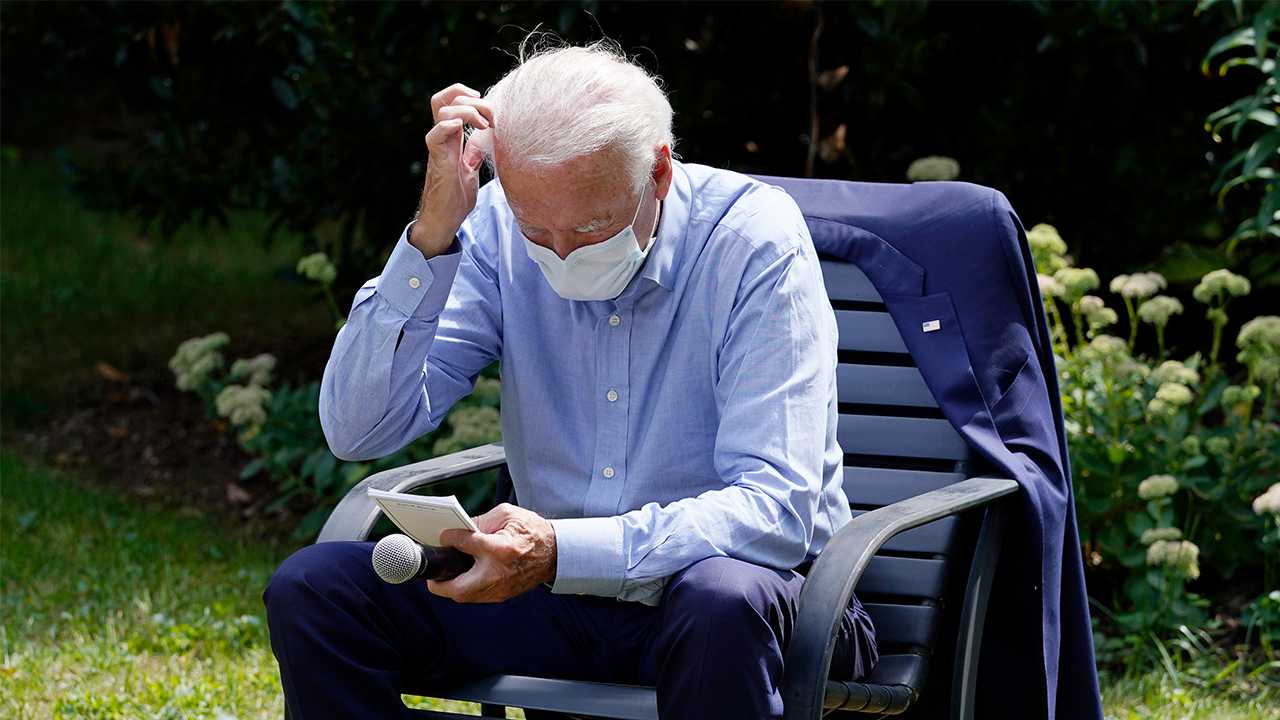16 JANUARY (UNDATED SERMON)
Salvation by knowing the truth
‘God our Saviour; who will have all men to be saved, and to come unto the knowledge of the truth.’ 1 Timothy 2:3–4
SUGGESTED FURTHER READING: 2 John 1–4
I have heard of a man who knew how to swim, but, as he had never been in the water, I do not think much of his knowledge of swimming: in fact, he did not really know the art. I have heard of a botanist who understood all about flowers, but as he lived in London, and scarcely ever saw above one poor withered thing in a flowerpot, I do not think much of his botany. I have heard of a man who was a very great astronomer, but he had not a telescope, and I never thought much of his astronomy. So there are many persons who think they know and yet do not know because they have never had any personal acquaintance with the thing. A mere notional knowledge or a dry doctrinal knowledge is of no avail. We must know the truth in a very different way from that. How are we to know it, then? Well, we are to know it, first, by a believing knowledge. You do not know a thing unless you believe it to be really so. If you doubt it, you do not know it. If you say, ‘I really am not sure it is true,’ then you cannot say that you know it. That which the Lord has revealed in Holy Scripture you must devoutly believe to be true. In addition to this, your knowledge, if it becomes believing knowledge, must be personal knowledge, a persuasion that it is true in reference to yourself. It is true about your neighbour, about your brother, but you must believe it about yourself, or your knowledge is vain; for instance, you must know that you are lost, that you are in danger of eternal destruction from the presence of God, that for you there is no hope but in Christ, that for you there is hope if you rest in Christ, that resting in Christ you are saved. Yes, you. You must know that because you have trusted in Christ you are saved, and that now you are free from condemnation, and that now in you the new life has begun.
FOR MEDITATION: (Our Own Hymn Book no. 556 v. 1—Charles Wesley, 1739)
‘Jesus, the sinner’s Friend, to Thee,
Lost and undone, for aid I flee;
Weary of earth, myself, and sin,
Open Thine arms and take me in.’
Charles Haddon Spurgeon and Terence Peter Crosby, 365 Days with Spurgeon (Volume 5), ed. Terence Peter Crosby, (Leominster: Day One Publications, 2010), 21.
16 JANUARY (UNDATED SERMON)
Salvation by knowing the truth
‘God our Saviour; who will have all men to be saved, and to come unto the knowledge of the truth.’ 1 Timothy 2:3–4
SUGGESTED FURTHER READING: 2 John 1–4
I have heard of a man who knew how to swim, but, as he had never been in the water, I do not think much of his knowledge of swimming: in fact, he did not really know the art. I have heard of a botanist who understood all about flowers, but as he lived in London, and scarcely ever saw above one poor withered thing in a flowerpot, I do not think much of his botany. I have heard of a man who was a very great astronomer, but he had not a telescope, and I never thought much of his astronomy. So there are many persons who think they know and yet do not know because they have never had any personal acquaintance with the thing. A mere notional knowledge or a dry doctrinal knowledge is of no avail. We must know the truth in a very different way from that. How are we to know it, then? Well, we are to know it, first, by a believing knowledge. You do not know a thing unless you believe it to be really so. If you doubt it, you do not know it. If you say, ‘I really am not sure it is true,’ then you cannot say that you know it. That which the Lord has revealed in Holy Scripture you must devoutly believe to be true. In addition to this, your knowledge, if it becomes believing knowledge, must be personal knowledge, a persuasion that it is true in reference to yourself. It is true about your neighbour, about your brother, but you must believe it about yourself, or your knowledge is vain; for instance, you must know that you are lost, that you are in danger of eternal destruction from the presence of God, that for you there is no hope but in Christ, that for you there is hope if you rest in Christ, that resting in Christ you are saved. Yes, you. You must know that because you have trusted in Christ you are saved, and that now you are free from condemnation, and that now in you the new life has begun.
FOR MEDITATION: (Our Own Hymn Book no. 556 v. 1—Charles Wesley, 1739)
‘Jesus, the sinner’s Friend, to Thee,
Lost and undone, for aid I flee;
Weary of earth, myself, and sin,
Open Thine arms and take me in.’
Charles Haddon Spurgeon and Terence Peter Crosby, 365 Days with Spurgeon (Volume 5), ed. Terence Peter Crosby, (Leominster: Day One Publications, 2010), 21.








